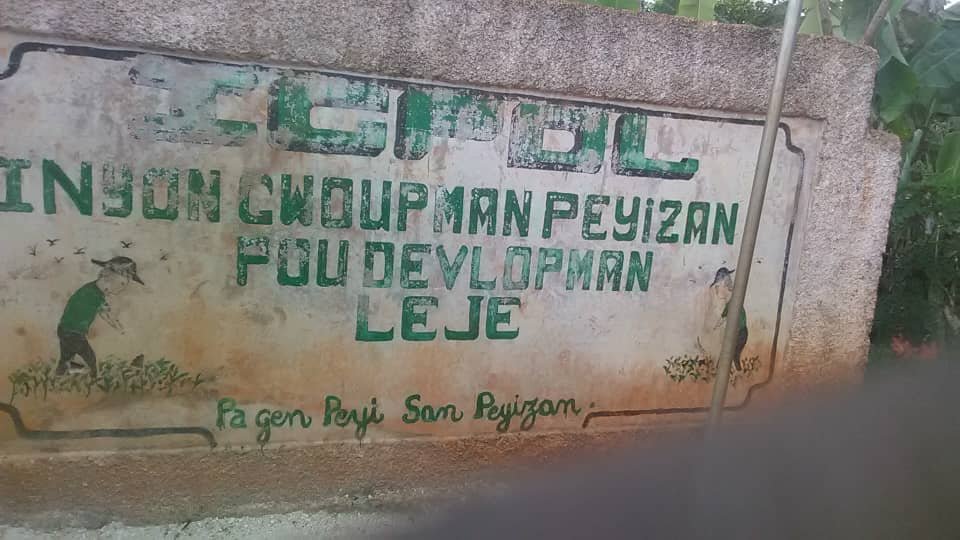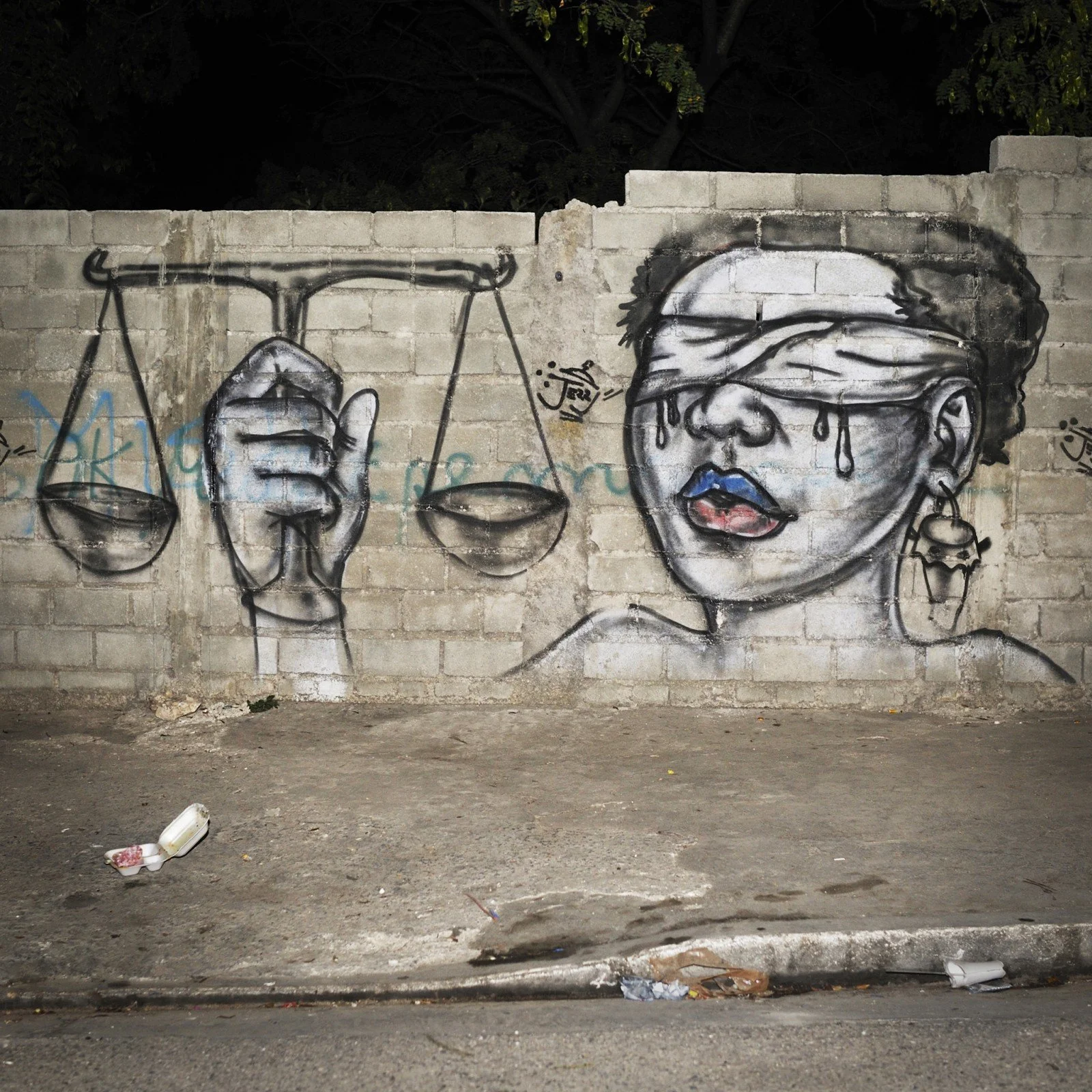
Haiti Impact Group
Claiming local narratives
Our approach
Haiti Impact Group aims to disrupt the flow of information that shapes narratives and representations of Haiti.
Haiti is one of the best known and most talked about settings for ineffective development but is by no means a unique example. International development, or aid, has informed policies and procedures of developing countries for decades. The inherent power dynamics at play within the sector have left several countries worse off than they were prior to any foreign interventions because decision makers and asset owners have been too far removed from the realities they aim to affect. After all, development is merely a set of prescribed solutions to a perceived problem and he who defines the problem, owns its solution.
It happens everywhere and we know why: because people who need help are rarely included in the decisions that affect how that “help” is defined, paid for, implemented or even how it’s considered helpful. HIG’s approach is deeply rooted in community knowledge as the primary source of information for designing, financing, implementing and monitoring a project. We believe that people’s strengths, not their weaknesses or their gaps, will carry them forward.
Our Specialties
Narrative Building
SenseMaker®️
Asset-Based Community Development
Justice-based Methodologies
Experience
Gender and women’s issues
Keep your head down: the suppression of feminism in Haiti
Gender analysis of impact of cholera and COVID on women
Gender data gap: invisible narratives of women in Haiti
Food security and gender - designing workshops around food security & gender in the North and Northeast Department as participatory process to determine research needed in order to affect policy
Human Rights
Transitional justice and past crimes - This work facilitated an entirely civil society led process for what can realistically be done to address past crimes in a context like Haiti with institutionalized impunity and ongoing conflicts and crises. The inclusive methodology applied allowed for an emphasis on truth telling and justice for the peasantry who were systematically targeted under the Duvalier dictatorship (1957-1986). The work was the basis for Haiti’s first United Nations Peacebuilding Fund award.
Immigration - Conducting research and investigating human rights abuses amongst Haitian migrants that have been returned to Haiti in order to advocate for stopping deportations and unjust immigration policies towards Haitians, specifically under Title 42.
Community-led development
Community guide to humanitarian and development aid: this work is a collaborative process with communities in the South of Haiti to develop a community guide/manual to build bridges between all actors of humanitarian and development aid. It is a form of popular education.
Community library -Facilitating internal dialogue amongst youth leaders to shift the narratives of violence and stigma around Cité Soleil
Producer led value chain design and management strategy - facilitation of dialogues with communities around adoption of new approaches and crops to co-design a new value chain.
Climate and food justice
Community disaster preparedness - this work was done with the World Bank and aimed to create a community-led strategy for disaster preparedness and response in climate vulnerable regions.
Gender based school meal project design - designed an integrated approach to school lunches that would utilize existing assets of targeted communities to create an approach that people can immediately work with and iterate collaboratively and sustainably. This approach emphasized the role of women as cultivators, entrepreneurs and producers of meals so that the entire project would be carried by the way that women perform these roles.
Alternative cooking technologies - nurtured relationships and facilitated a USD100,000 investment with local sustainable charcoal producers and clean cooking technology producers to create a collaborative approach between them as well as with community based cooperatives that could provide agricultural refuse for charcoal production.
KEYWORDS: advocacy, human rights, food justice, climate justice, gender lens investing, gender, women, madan sara, community-led development, asset-based community development, sense making, complexity, clean cooking, sustainability
Publications
Humanitarian aid and local power: lessons from Haiti’s shadow disaster - Jessica Hsu and Mark Schuller
Haiti’s Earthquakes Require a Haitian Solution - Jessica Hsu and Mark Schuller
Haiti Beyond Crisis: A love letter to Haiti - Jessica Hsu
Lessons from Haiti to Puerto-Rico: Charity is a poor tool for rebuilding a country - Isabelle Clérié and Morgan Simon
Considerations for Global Development Using Haiti as Case Study - Thesis - Isabelle Clérié
The Toxic Masculinity of the “Legal Bandit” - Sabine Lamour
Between Intersectionality and Coloniality: Rereading the Figure of the Poto-Mitan Woman in Haiti - Sabine Lamour
“Emancipate yourself from mental slavery”
“If you have come here to help me, you are wasting your time, but if you have come because your liberation is bound up with mine, then let us work together.”
— Lilla Watson, Aboriginal activist
Meet the Team
-

Isabelle Clérié
-
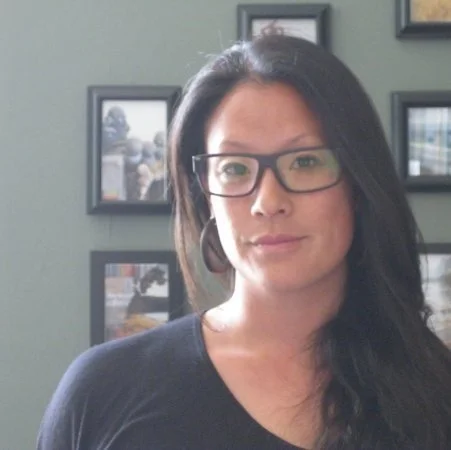
Jessica Hsu
-
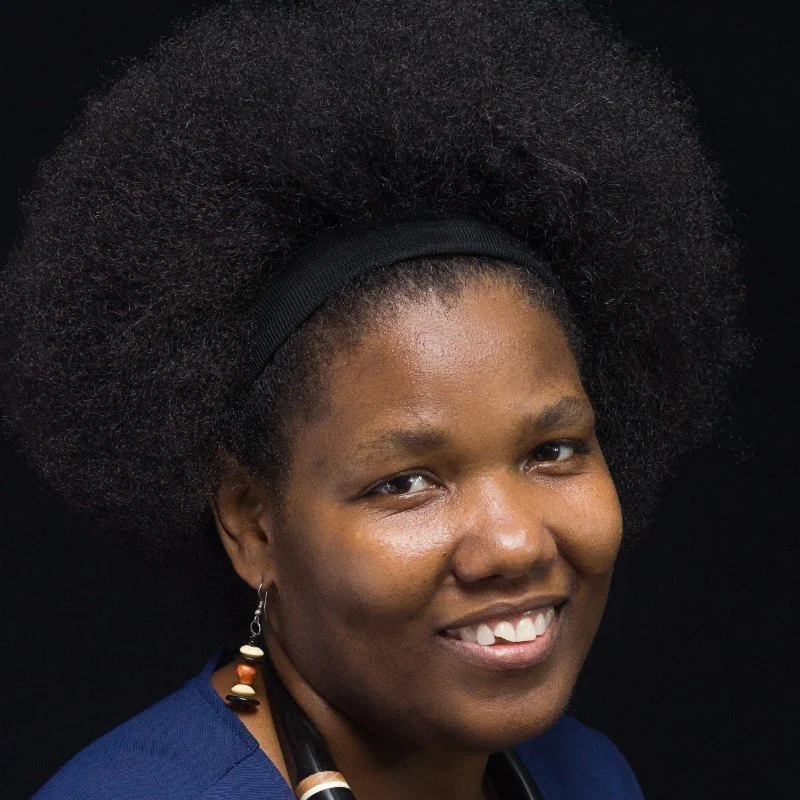
Sabine Lamour, PhD
-

Lynn P. Duvert
Expert Advisors
-
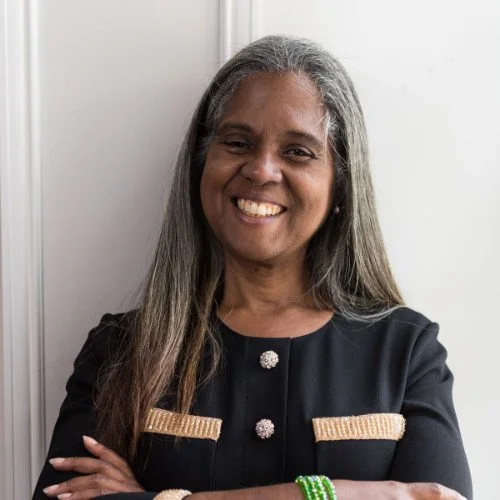
Genevieve Leveille
BLOCKCHAIN AND VALUE CHAINS
-
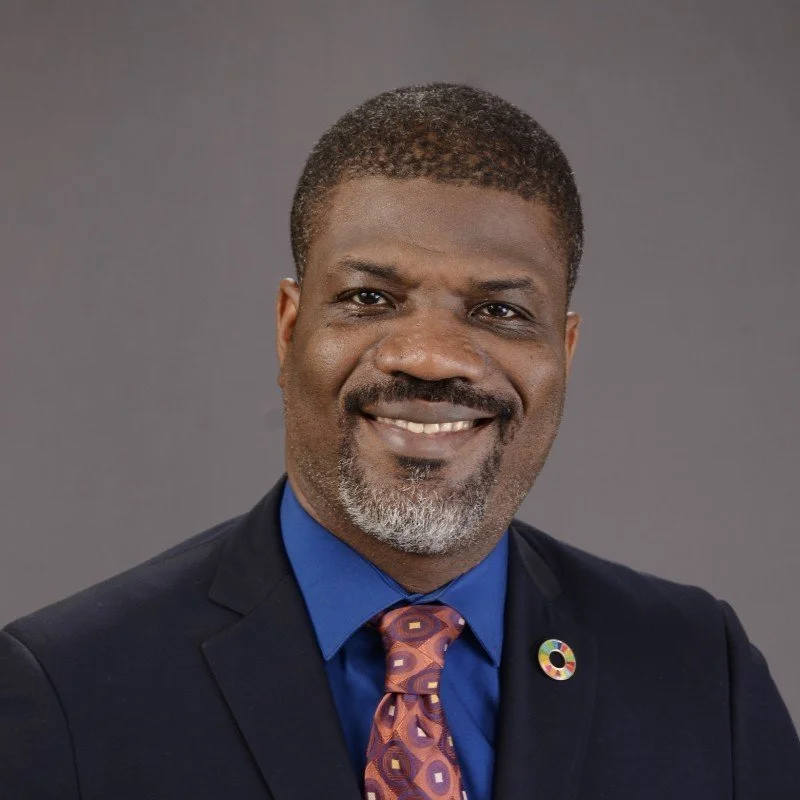
Patrick Dessources
AGRICULTURE AND PRIVATE SECTOR DEVELOPMENT
-
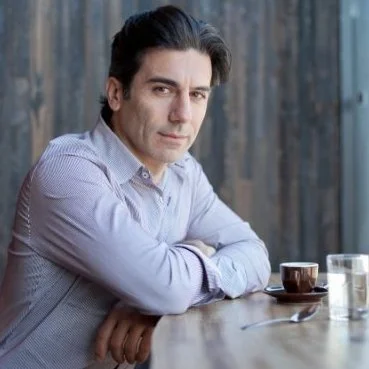
Andrea Armeni
IMPACT INVESTING
-
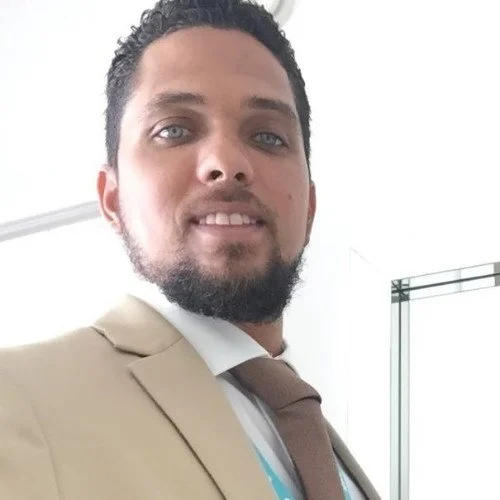
Christian Tribie
SUSTAINABILITY AND RENEWABLES


